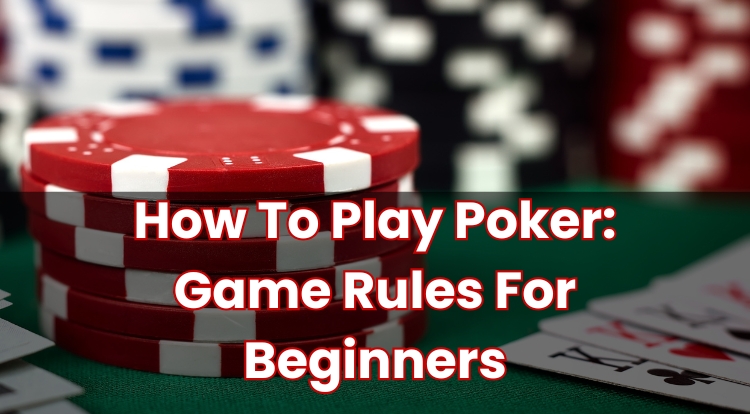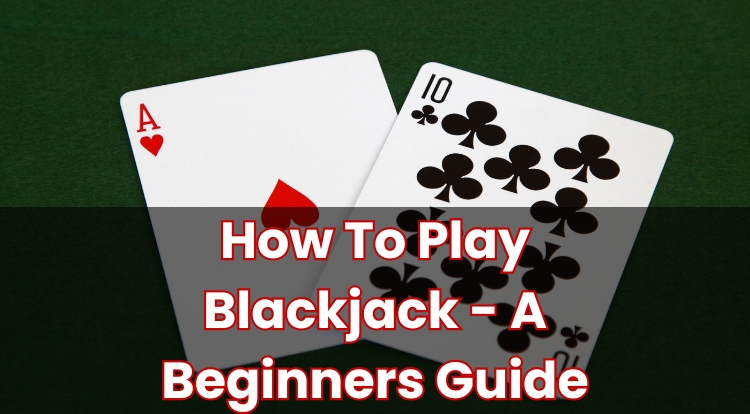Blocker Bet Explained: What Are Blockers in Poker?
If you’re new to poker, some of the jargon might feel a bit puzzling. One term you’ll hear quite a lot is “blockers”. In simple terms, a blocker is a card in your hand that makes it less likely an opponent holds certain strong combinations. Holding the ace of a suit on a flush board, for example, reduces the number of nut-flush hands others can have.
Understanding blockers, and how they connect with betting decisions, can sharpen your judgement in common formats like Texas Hold’em. It’s not about memorising tricks; it’s about using information your cards give you to guide the size and purpose of your potential bets.
In this guide, you’ll find what a blocker bet is, when some players choose to use it, and how the idea plays out differently in live and online settings. Read on to learn more.
What Is A Blocker Bet In Poker?
A blocker bet is a deliberately small bet made to influence how the rest of the betting round unfolds. Players often use it if they have a hand with some showdown value, but they do not want to face a large bet. By leading with a smaller amount, they set a price for continuing and sometimes discourage bigger bets from opponents.
You’ll most often see this on the river, and typically at a size smaller than a standard value bet, such as around a quarter to a third of the pot. Think of a spot where the board is king high and paired, and you hold a queen. Your hand can beat missed draws and weaker pairs, but you would prefer not to call a large bet. A small lead can act as a way to reach showdown at a manageable cost.
Blockers matter here because the cards you hold change how likely certain strong hands are on the other side of the table. If the board shows three hearts and you hold the ace of hearts, there are fewer combinations of the nut flush available to your opponent.
If you do decide to try your hand at poker, remember to do so responsibly and within your means; never wager more than you can afford to lose.
When Should You Use A Blocker Bet?
Blocker bets tend to appear in situations where a player wants to keep the pot smaller with a medium-strength hand. On the river, a small bet can serve as a sizing choice: it may be called by worse hands, it provides information from how others respond, and it lowers the likelihood of facing a large bet that would lead to a difficult decision.
They also crop up if your cards remove key combinations from an opponent’s range. Imagine a river with four spades. Holding the ace of spades blocks the strongest flushes. A small bet here can pick up calls from weaker flushes or two pairs, while giving you a plan against aggressive raises.
Context matters. Against cautious players, a small lead is more likely to end the action. Against opponents who raise frequently, a blocker bet can be punished, turning a cheap showdown attempt into a difficult decision. If you use this approach too often, observant players will adjust by calling lighter or raising more, so many people mix it in selectively rather than as a default.
Table dynamics also play a role. Shorter stacks, earlier position, or a board texture that heavily favours the pre-flop raiser can all change whether a small lead makes sense.
Blockers In Live Poker Vs Online Poker
The principle behind blockers is the same everywhere, but the way you apply it can feel different in live and online environments. In a live game, you can add table feel to the picture. How quickly someone checks, how they handle their chips, or the way they respond to a small lead could help you judge whether a blocker bet is likely to settle the hand or invite a raise.
Online, players lean far more on betting patterns, timing, and board texture. Without face-to-face cues, players often rely on how ranges interact with the flop, turn, and river. For example, on a board with three spades, holding the ace of spades reduces the number of strongest flushes in your opponent’s range. Online, that detail is weighed alongside pot size, positions, and action on previous streets to decide whether a small river lead makes sense.
The pace differs too. Online play usually moves faster, so decisions about blockers and bet sizing come up more often. Live hands give you more time to think through the same ideas. In both settings, the core skill is the same: using the cards you hold to narrow what others can have and picking a bet size that fits that picture.
Play Casino Games Online
If you want to explore casino games online, 666 Casino offers a wide mix of titles, including table games, live dealer options, and poker-style games. We operate under a licence from the UK Gambling Commission (UKGC), with clear rules and transparently stated limits.
Each game comes with information on how it works, typical bet ranges, and key features. Whether you prefer sticking with familiar formats or trying something new, you can find the details you need before you play. Tools for safer play, such as deposit limits and time-outs, are available in your account settings.
Understanding concepts like blockers and blocker bets will not decide every hand, but it might help you make steadier, more informed choices. If you’re ready to put your knowledge into practice, feel free explore our tables and play responsibly. Always keep responsible gambling practices in mind.
**The information provided in this blog is intended for educational purposes and should not be construed as betting advice or a guarantee of success. Always gamble responsibly.
*All values (Bet Levels, Maximum Wins etc.) mentioned in relation to these games are subject to change at any time. Game features mentioned may not be available in some jurisdictions.





